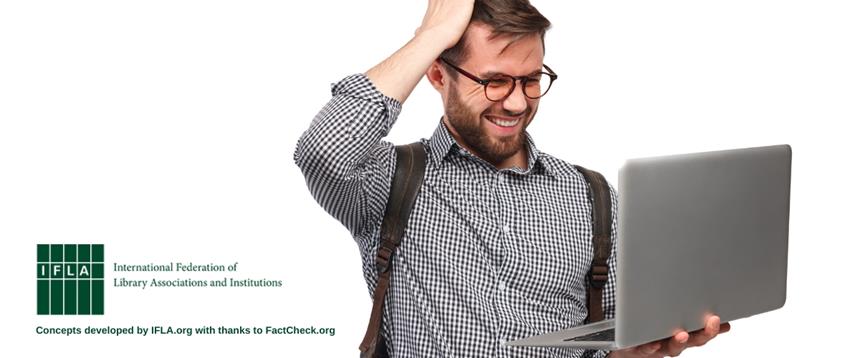
Understanding how we use and consume information is more important than ever. It's becoming harder and harder to tell legitimate sources from those that are spreading lies and misinformation. APL librarians have created an 8-part video series to show you some helpful techniques for how to spot a fake and evaluate your media sources.
Fact Checking Tools
FactCheck.org
A nonpartisan, nonprofit “consumer advocate” for voters that aims to reduce the level of deception and confusion in U.S. politics. FactCheck.org is a project of the Annenberg Public Policy Center of the University of Pennsylvania.
Points of View
Resources that present multiple sides of an issue.
PolitiFact.com
PolitiFact is a fact-checking website that rates the accuracy of claims by elected officials and others on its Truth-O-Meter.
Snopes.com
A fact checking website that is known for sorting out myths and rumors that appear on the internet. It has also been seen as a source for validating and debunking urban legends and similar stories in popular culture.